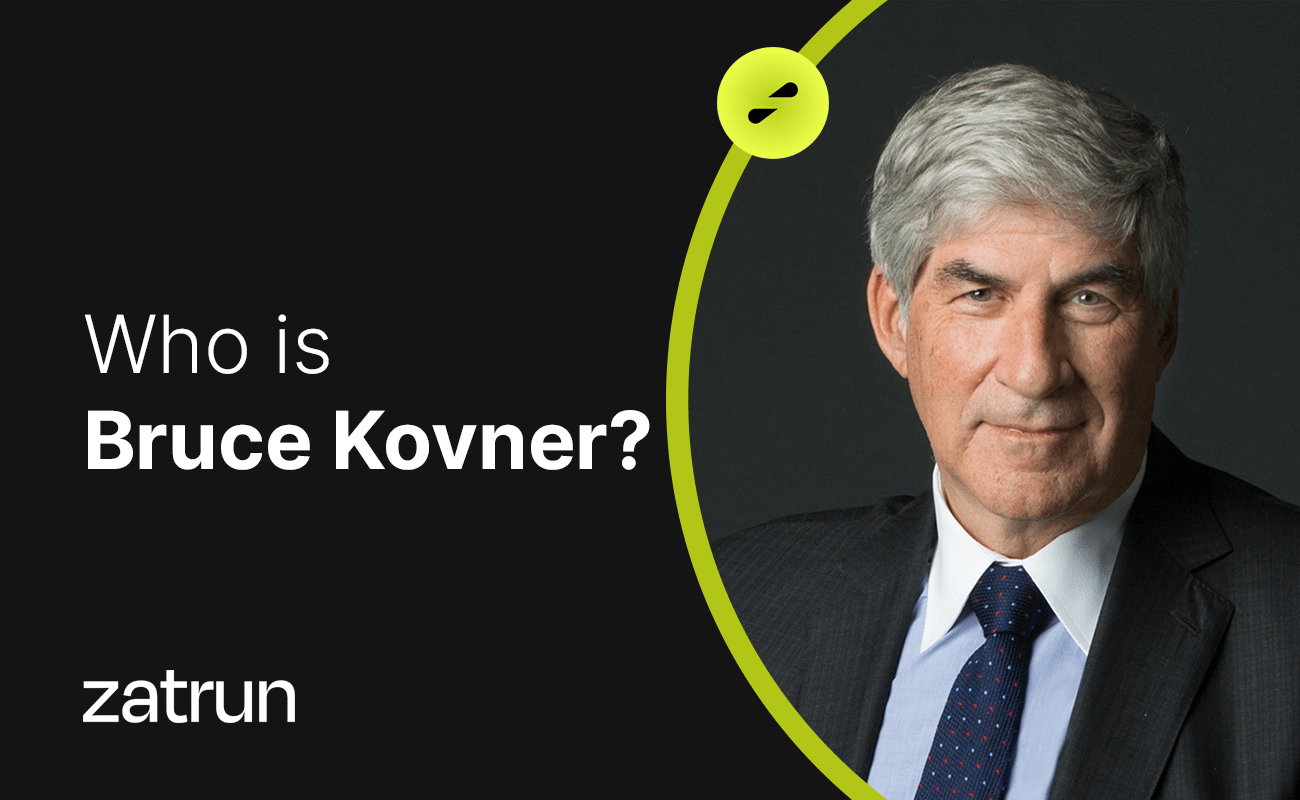Peter Lynch is a well-known investor and fund manager, with a personal net worth estimated at $450 million. He achieved an average annual return of around 29.2% through his investment strategies. Lynch, who is currently 78 years old, is interested in expanding his knowledge on investment strategies and engaging in philanthropic activities after retirement.
He gained fame for managing the Magellan Fund and delivering the highest returns to investors. Lynch took over Magellan in 1977 at the age of 33 and managed it for 13 years. His success led to his retirement at the age of 46 in 1990. If you are interested in learning more about him, keep reading this article on Zatrun.com.
Who is Peter Lynch?
Peter Lynch was born on January 19, 1944, in Newton, Massachusetts. When Lynch was only seven years old in 1951, his father was diagnosed with cancer. Three years later, at the age of 10, he lost his father due to the disease. Lynch’s mother had to work to support the family, and Lynch started working at a young age to help. Working at a golf club, Lynch had the opportunity to eavesdrop on conversations between wealthy businessmen and investors who visited the club. He was unaware at the time that this job would shape his future.

While in his second year at Boston College, Lynch used his savings of around $800 to buy shares of Flying Tiger Airlines. Peter Lynch purchased 100 shares of the airline at $8 each. The stock rose to $80 per share, and the profit he made helped pay for his education. In 1965, Lynch completed his university education, majoring in history, psychology, and philosophy. He then earned a master’s degree in business administration in Pennsylvania in 1968.
Peter Lynch and His Career
After completing his education, Lynch served in the US Army for about two years. He gained his first work experience in finance at Fidelity Investments, where he worked as an intern before joining the military. Upon returning from the army, Lynch worked as a full-time analyst at Fidelity Investments. In 1974, he was promoted to research director.
In 1977, he began working as a fund manager at Magellan Fund. The fund was created in 1963 and was mostly a small and aggressive capital fund that held domestic investments. Lynch was very successful here, and as mentioned above, his success led to his retirement at the age of 46. When Peter Lynch began working under the Magellan Fund, the fund’s investment was around $18 million. Thirteen years later, when Lynch retired, the fund managed around $14 billion.

An investor who invested $1,000 on Lynch’s first day at Magellan Fund would have owned $28,000 when Peter Lynch left the fund. Under Lynch’s management, Magellan Fund provided investors with an average return of around 29.2%. Lynch achieved success in various stocks from different sectors. According to “Beating the Street,” his most profitable picks were Fannie Mae, Ford, Philip Morris, MCI, Volvo, General Electric, General Public Utilities, Student Loan Marketing, Kemper, and Lowe’s.
His Investment Strategy
Lynch’s investment strategy focused on investing in companies whose products or services he believed in and understood. He followed the “buy what you know” approach, which meant that he invested in companies whose products he used or could observe in his everyday life. Lynch believed that investors should have a long-term investment horizon and that they should not focus on short-term price movements. He also believed that investors should avoid putting all their eggs in one basket and diversify their investments across different sectors.
One of the main reasons for Lynch’s success as a fund manager was his investment strategy. Lynch believed that investors should invest in companies that they understand and have knowledge about. He believed that investors should focus on companies with strong financials, a healthy balance sheet, and a good management team. Lynch also believed in a “bottom-up” investment approach, meaning that investors should focus on the individual company’s potential rather than the overall market or economic conditions.

Another key element of Peter Lynch’s investment strategy was his ability to identify potential investment opportunities through his everyday life experiences. He believed that ordinary people could identify companies that were performing well by observing the world around them. For example, if a person noticed that a particular product or service was becoming increasingly popular, they could investigate the company behind that product or service as a potential investment opportunity. Lynch referred to this as “buying what you know” and claimed that it was a crucial factor in his investment success.
Stock Picks and His Fame
In addition to his investment strategies, Peter Lynch was also known for his successful stock picks. Some of his most famous stock picks include Dunkin’ Donuts, Fannie Mae, Ford, and Philip Morris. Lynch had a knack for identifying companies that were undervalued by the market and had the potential for growth. He also preferred companies that paid dividends and had a history of increasing their dividend payouts over time.
Lynch’s success as an investor led to his fame in the investment community and beyond. He was a regular guest on financial television programs and was featured in numerous publications. Lynch was also the author of several investment books, including “One Up On Wall Street” and “Beating the Street,” which detailed his investment strategies and philosophy.
Peter Lynch’s Legacy
Although Lynch retired from his position at the Magellan Fund in 1990, his impact on the investment world is still felt today. Many of his investment principles, such as the “buy what you know” philosophy and the importance of investing in companies with strong financials and good management teams, are still widely followed by investors. Additionally, Lynch’s emphasis on a bottom-up investment approach has become increasingly popular in the age of the internet and social media, as individual investors have more information at their fingertips than ever before.
Lynch’s legacy also includes his philanthropic work. Since his retirement, Lynch has focused on giving back to the community through his charitable foundation, the Lynch Foundation. The foundation supports a range of causes, including education, the arts, and healthcare.
In conclusion, Peter Lynch is a legendary figure in the world of investing. His investment strategies and stock picks have earned him a reputation as one of the most successful investors of all time. Lynch’s emphasis on investing in what you know, and a bottom-up investment approach has influenced countless investors and is still widely followed today. Beyond his investment success, Lynch’s philanthropic work has also made a positive impact on the world.












